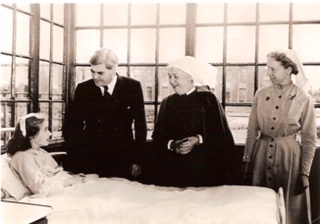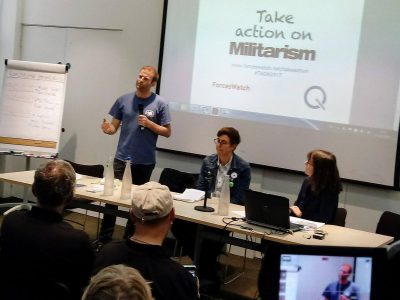Teaching Remembrance: focusing on ‘why?’
The main reason for this was my own change of attitude towards war and militarism. No longer content to just teach about what happened and to employ the tired exhortation of viewing the ‘fallen’ as heroes who did not die in vain, who died for our freedom, and other platitudes, I dug deeper. What did I really want my students to get out of this?
I realised that, more than anything, I wanted them to no longer view war as inevitable. I wanted them to question: why? During my lessons, I made sure I was asking “why?” at every opportunity. Why were these soldiers sent to fight? Were the reasons the same for all the wars we remember?
When learning about the causes of World War One, one of my students wrote that if it had not been for the alliances system, the assassination of Archduke Franz Ferdinand would have remained a dispute between Serbia and Austria-Hungary, and there would have been no resultant World War.
I found the testimony of Harry Patch very useful as he was a World War One veteran who refused to join in with traditional Remembrance, and this provided very interesting discussion points for the students.
The most thought-provoking part of my lessons was the discussion that followed watching The Unseen March by Quaker Peace and Social Witness. One of my students said that she had never realised it before, but there is an unspoken obligation to think of soldiers as heroes, and never to question that. Many were in agreement that the creeping militarisation in UK schools is wrong. One student wrote:
‘I don’t agree with militarism being introduced to schools because it isn’t school education. It is the military trying to gain more people to join the army.’
Overall, it felt like a more fulfilling and thought-provoking experience to teach Remembrance with an emphasis on questioning both the causes of the wars we remember, and militarised approaches to conflict today.
See more: remembrance, peace education
Like what you read?
> Sign up for our newsletter or blog notifications
> Support our work – from just £2 a month









